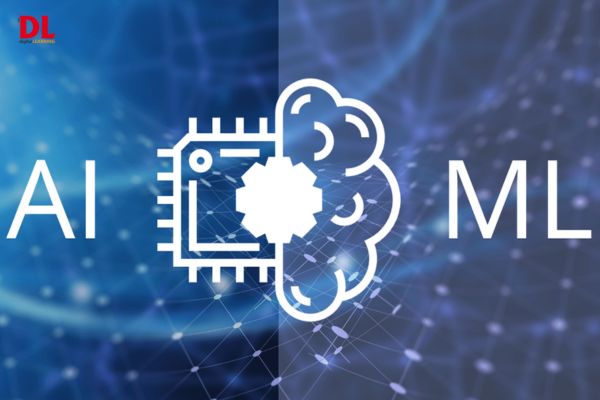
A recent report by talent assessment firm Mercer Mettl has highlighted the promising employability of Indian graduates in Artificial Intelligence (AI) and Machine Learning (ML). The study, which analysed data from over 2,700 campuses and more than one million learners, found that 46.1% of Indian graduates are employable in AI and ML roles, the highest among all technical domains.
The findings indicate that while Indian graduates possess strong adaptability to AI and ML-related roles, certain skill gaps remain. The report notes that 50% of graduates exhibit the necessary soft skills for AI and Generative AI collaboration. However, creativity, a crucial component in AI innovation, was identified as an area for improvement, with only 44.3% of graduates meeting the employability benchmark in this category. Meanwhile, communication skills (55.1%), critical thinking (54.6%), and leadership abilities (54.2%) emerged as strengths among graduates. Learning agility, with a 46% employability rate, was also recognised as essential for success in the rapidly evolving tech industry.
The report further sheds light on employability variations based on educational institutions. Graduates from Tier 1 colleges demonstrated the highest employability rate at 48.4%, followed by those from Tier 2 institutions at 46.1% and Tier 3 institutions at 43.4%. Despite these differences, the report underscores the presence of potential across all tiers, particularly in specialised technical roles. Notably, Tier 2 graduates excelled in UI/UX developer roles, with a 58.3% employability rate.
Regional data also revealed significant insights. Delhi recorded the highest employability rate at 53.4%, followed by Himachal Pradesh and Punjab at 51.1%. Graduates from Uttarakhand and Jharkhand also performed well, with employability rates of 50% and 49.6%, respectively. These statistics suggest that while metropolitan areas continue to lead in employability, emerging regions are also making strides in technical education and job readiness.
A key highlight of the report is the gender parity observed in AI, ML, and data science roles, where male and female graduates demonstrated equal employability. However, disparities were noted in software testing, indicating the need for targeted interventions to bridge the gap.
Commenting on the findings, Siddhartha Gupta, President of Mercer India, stated, “In 2025, the overall employability rate for Indian graduates stands at 42.6%, marking a slight decline from 44.3% in 2023. This decline is primarily attributed to evolving industry expectations. However, technical roles have witnessed notable improvements in employability, as educational institutions and students increasingly align their skill development efforts with market demands.”
Read More: Adani Group and GEMS to Transform K 12 Education with ₹2,000 Crore Investment
He further added, “The development of non-technical and soft skills presents a more complex challenge, often requiring additional time to refine. These trends highlight the areas where institutions and graduates need to focus their efforts to enhance job readiness.”
The report underscores the growing significance of AI and ML in India’s job market and the increasing emphasis on skill development. With targeted improvements in creativity and other key areas, Indian graduates are well-positioned to capitalise on emerging opportunities in the AI-driven economy.



















